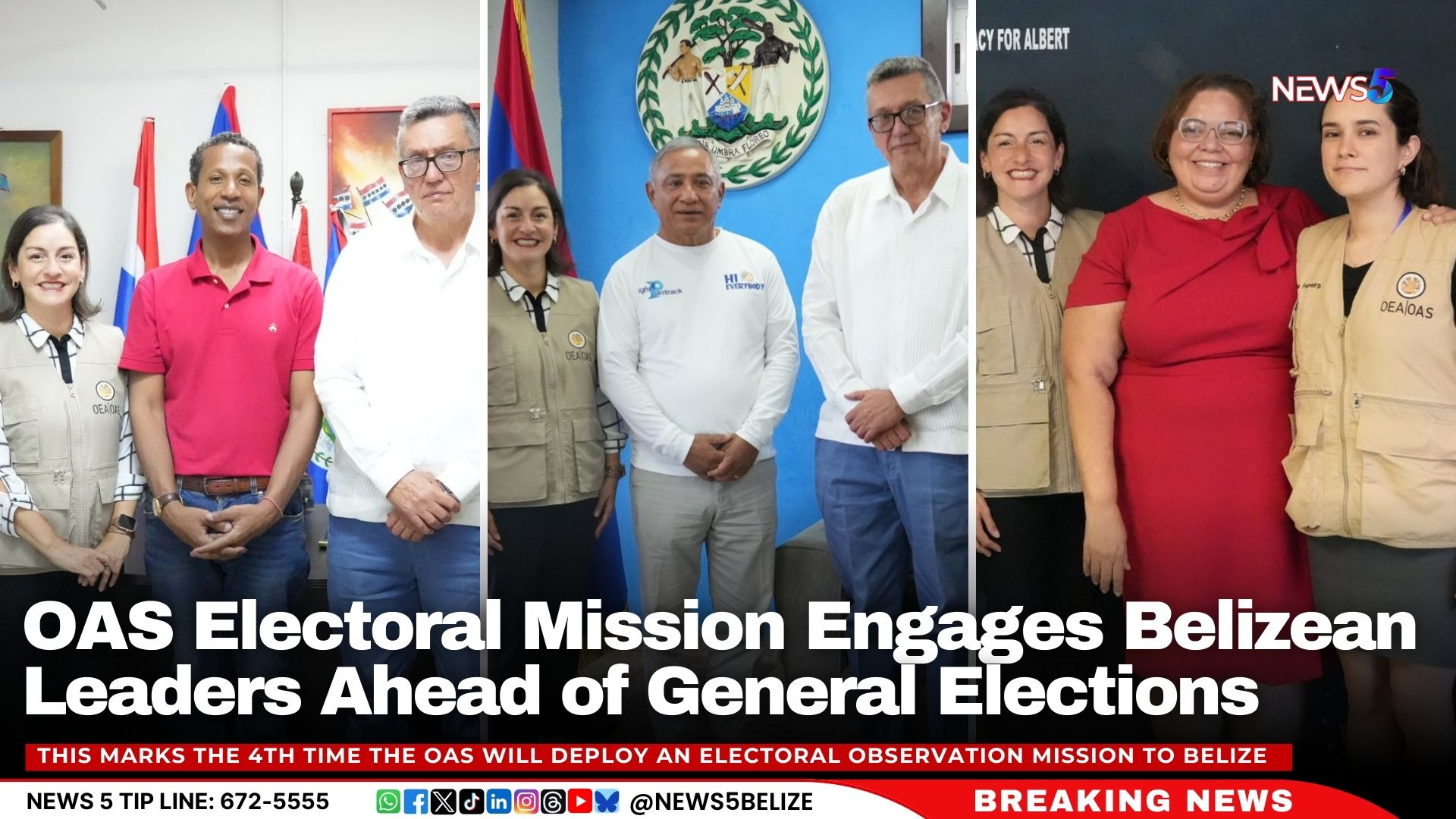On Wednesday, thousands of Belizeans will head to the polls to cast their votes. With 90 candidates competing for 31 seats, the results will shape the country’s leadership for the next five years.
If you’re a first-time voter, don’t worry—we’ve got you covered. In this article, we’ll guide you through the voting process, detailing what you should and shouldn’t do at the polls. With the assistance of Chief Elections Officer Josephine Tamai, we’ll take you step by step from the proper way to dip your finger in indelible ink to the consequences of taking a picture of your ballot.
Voter Registration and Identification
More than 204,000 people are eligible to vote on March 12th, but eligibility depends on registration before the January 10th, 2025 cutoff date. If you did not register before that date, you are not eligible to vote in this election.
If you haven’t collected your voter identification card yet, it’s crucial to visit your local registration office and pick it up before Election Day. While having your ID card will speed up the voting process, you can still vote without it.
To find your assigned polling station, visit the Elections and Boundaries Department website and use the “Voter Lookup” feature. By entering your name and date of birth, you can confirm your polling location from a list of stations spread across the country.
What to Expect at the Polling Station
Polls open at 7:00 a.m. sharp and close at 6:00 p.m. It’s advised to arrive early to avoid long lines. As long as you are in line by 6:00 p.m., you will be allowed to vote.
When you arrive, look for your polling station based on your surname, as they are organised alphabetically. Election officers will be on hand to guide you if needed. Your name will be called out by a poll clerk, and once verified, you will be asked to dip your right index finger into the indelible ink—up to the first joint. This step helps ensure that no one votes more than once.
Once your finger is inked, the presiding officer will initial your ballot paper before handing it to you. Go to the voting booth, use the provided pencil to mark your “X” beside your chosen candidate, fold the ballot to keep your vote secret while showing the presiding officer’s signature, and place it in the ballot box.
Mistakes and Rejected Ballots
If you make a mistake on your ballot, don’t panic. You can inform the presiding officer without disclosing your vote. Your spoilt ballot will be cancelled and retained, and you will be given a new one to mark correctly.
However, there are several ways your ballot can be rejected. These include:
- Marking the ballot for more candidates than the number of available seats.
- Failing to mark your ballot at all.
- Writing your name or any identifying marks on the ballot.
- Using a ballot without the presiding officer’s initials.
Rejected ballots are not counted, so be sure to follow the instructions carefully to ensure your vote is valid.
Taking Photos and Legal Consequences
In today’s social media-driven world, it may be tempting to snap a photo of your ballot as proof of voting or to show support for a candidate. However, taking pictures of your ballot is strictly prohibited and considered a criminal offence.
If caught photographing your ballot, law enforcement will confiscate your device, and you may face a fine of up to $500 or even jail time. Chief Elections Officer Josephine Tamai warns that your vote is private and must remain secret, so refrain from taking selfies or capturing any part of the voting process.
Voting by Proxy and Final Reminders
Not everyone is eligible to vote by proxy. Only members of essential services, including police officers, defence force members, election workers, Coast Guard personnel, and those assisting election officers, can appoint a proxy to vote on their behalf. The deadline for submitting proxy applications is 5:00 p.m. on March 5th.
Each person can only be a proxy for one other registered voter, and proper forms must be completed to authorise a proxy. The Elections and Boundaries Department prepares proxy registers to maintain transparency and order on Election Day.
Decision 2025: Show Out or Blowout
Channel 5 Belize is gearing up for comprehensive coverage of Belize’s general elections on March 12, 2025, with the theme “Decision 2025: Show Out or Blowout.” The programming will offer pre-election features, voter perspectives, expert commentary, and live updates during Election Day. Viewers can expect in-depth analysis of key issues like the economy, governance, and national security, as well as real-time election results and post-election breakdowns. Channel 5 promises to deliver the most trusted and engaging election coverage. Join us on Facebook and YouTube. Coverage begins at 6 a.m.
